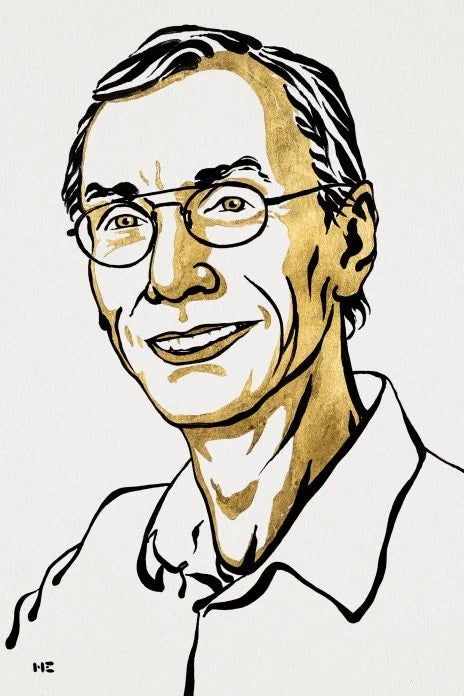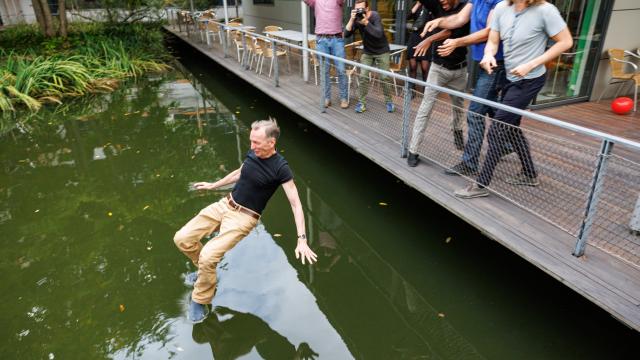The Nobel Assembly today awarded Swedish geneticist Svante Pääbo the Nobel Prize in Physiology or Medicine for his research into human origins.
Pääbo has been studying ancient DNA since graduate school, when he managed to isolate DNA samples from Egyptian mummies in a German museum. Since then, Pääbo has made his name researching the genetic origins and differentiation of hominin species — going much, much further back in time than Ancient Egypt.
Pääbo is currently the director of the Max Planck Institute for Evolutionary Anthropology in Leipzig, Germany and is a professor at the Okinawa Institute of Science and Technology in Japan.
“Through his pioneering research, Svante Pääbo accomplished something seemingly impossible,” the Nobel Committee said in today’s release announcing the award. “Pääbo’s seminal research gave rise to an entirely new scientific discipline; paleogenomics.”

One of the most significant achievements of Pääbo’s work was the once-revelatory, now-accepted idea that humans (Homo sapiens) interbred with Neanderthals (Homo neanderthalensis), and many humans today carry Neanderthal DNA. Another was the discovery of the Denisovans, an enigmatic group of ancient hominins who also interbred with our species.
It’s not Pääbo’s first brush with the Nobels. In his 2014 memoir Neanderthal Man, Pääbo discloses that “I had grown up as the secret extramarital son of Sune Bergstrom, a well-known biochemist who had shared the Nobel Prize in 1982.” Forty years later, Pääbo has a Nobel of his own.
Last year’s winners of the Prize in Physiology or Medicine were David Julius and Ardem Patapoutian, for their research on temperature and touch receptors. Though paleogenomics is quite different from the physical sciences, it has implications for the latter: Understanding ancient gene flow can help scientists better understand the human immune system.
For example, some genes we’ve inherited from Neanderthals affect our immune response to infections, according to the Nobel release. And the Denisovan version of a gene called EPAS1, common in modern-day Tibetans, is associated with adaptations to living at high altitudes.
One larger question — precisely what makes humans unique amongst hominins — will require much more research. But Pääbo’s work has been crucial for our understanding thus far, and new technologies and methods will make the past more tangible than ever.
The rest of the Nobel Prizes will be doled out over the next two weeks; the announcements are streamed live on YouTube. You can see all the prize winners here.
More: All Humans Are a Little Bit Neanderthal, According to New Research
